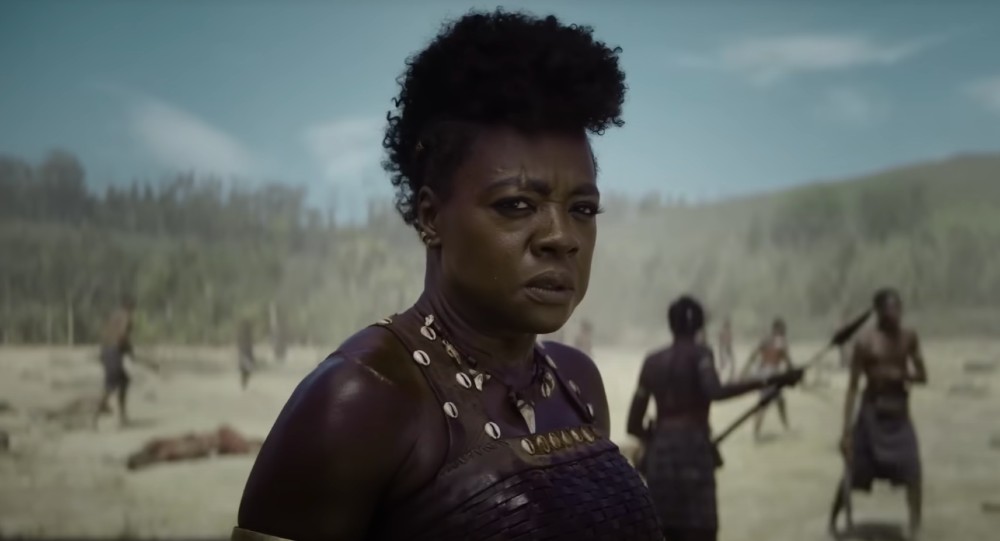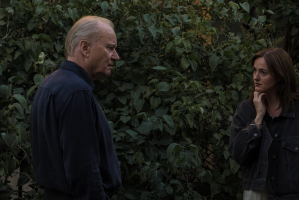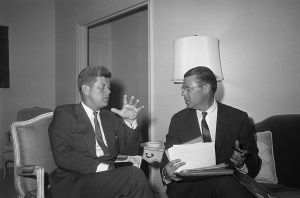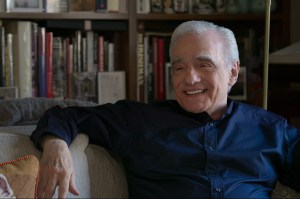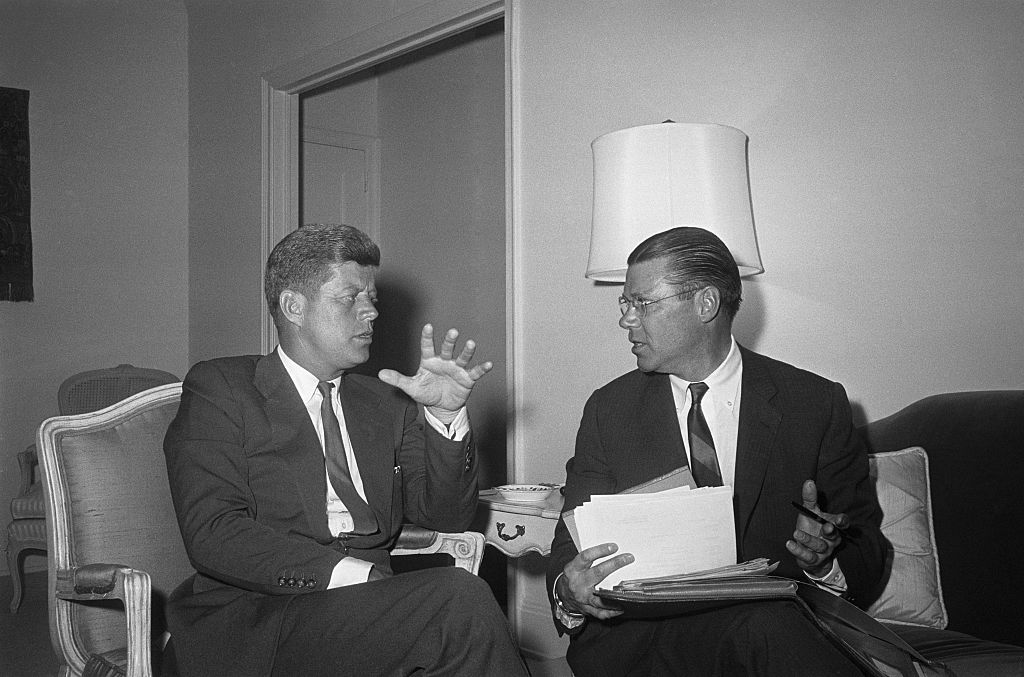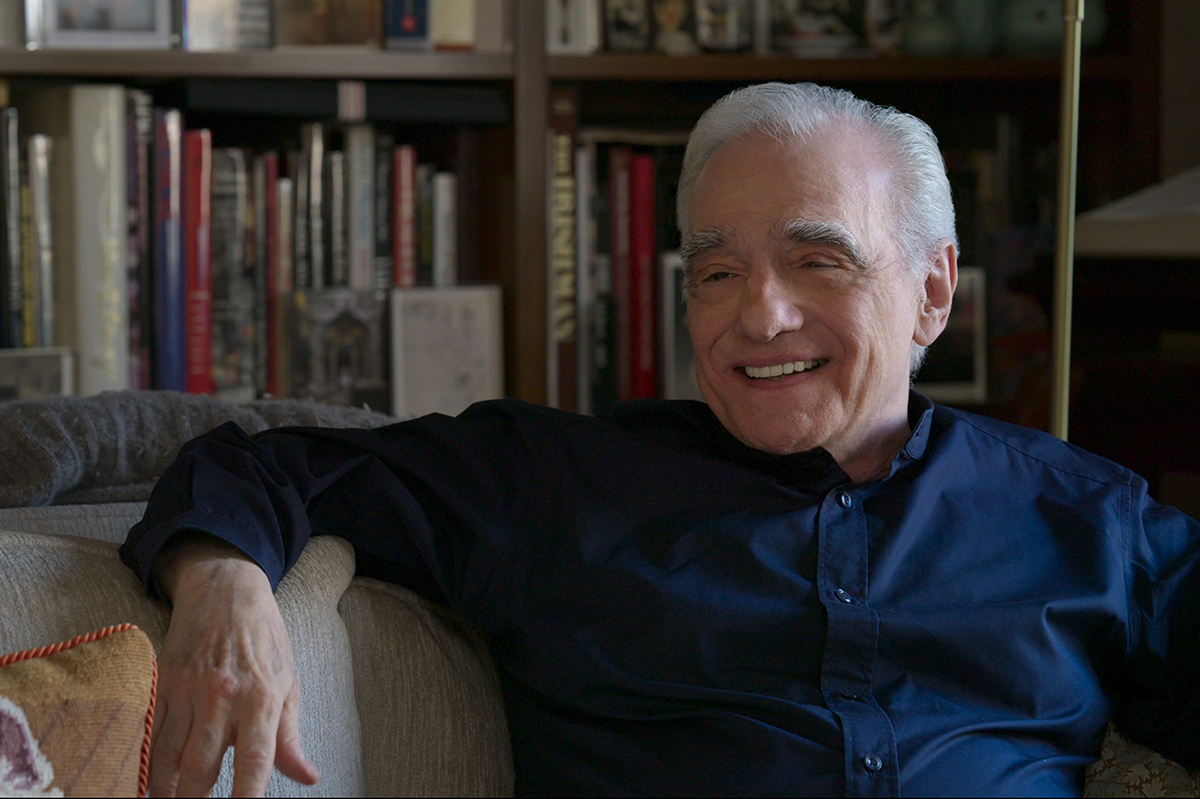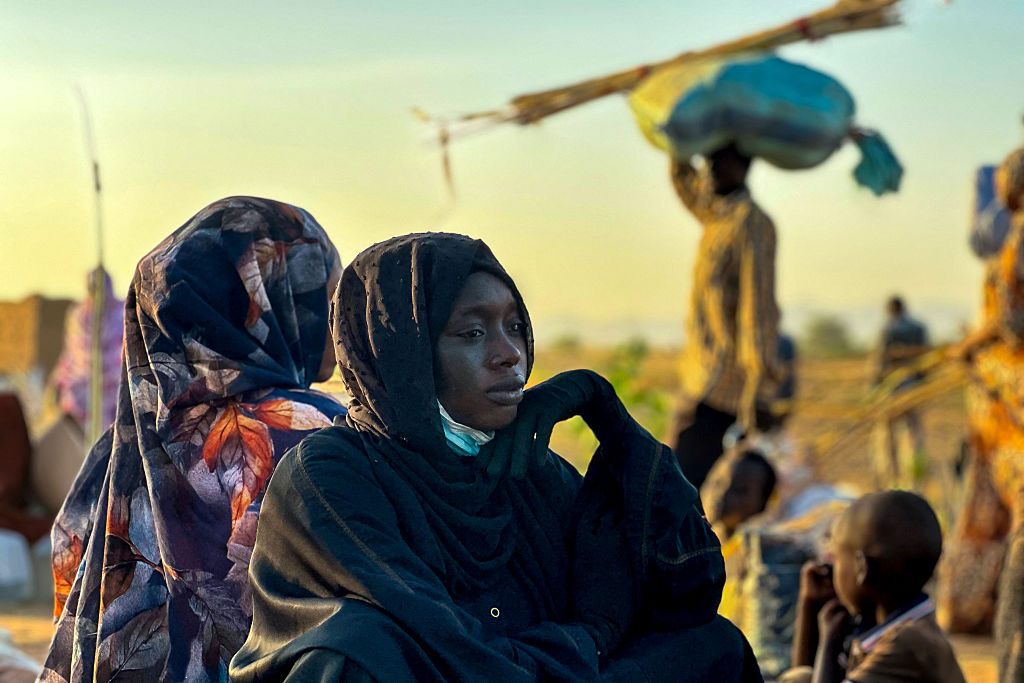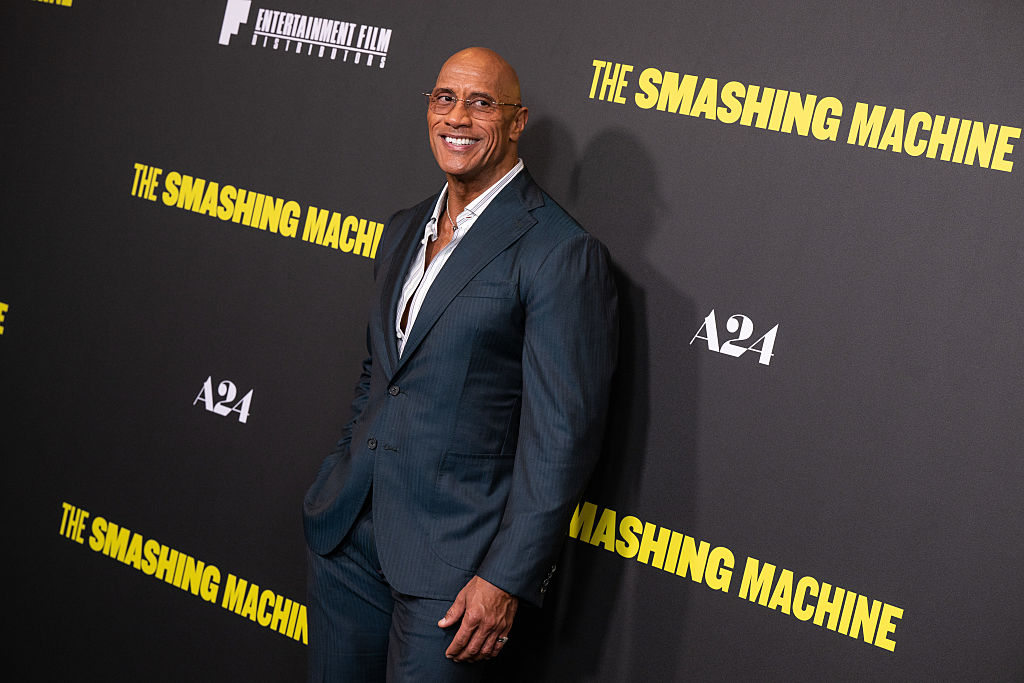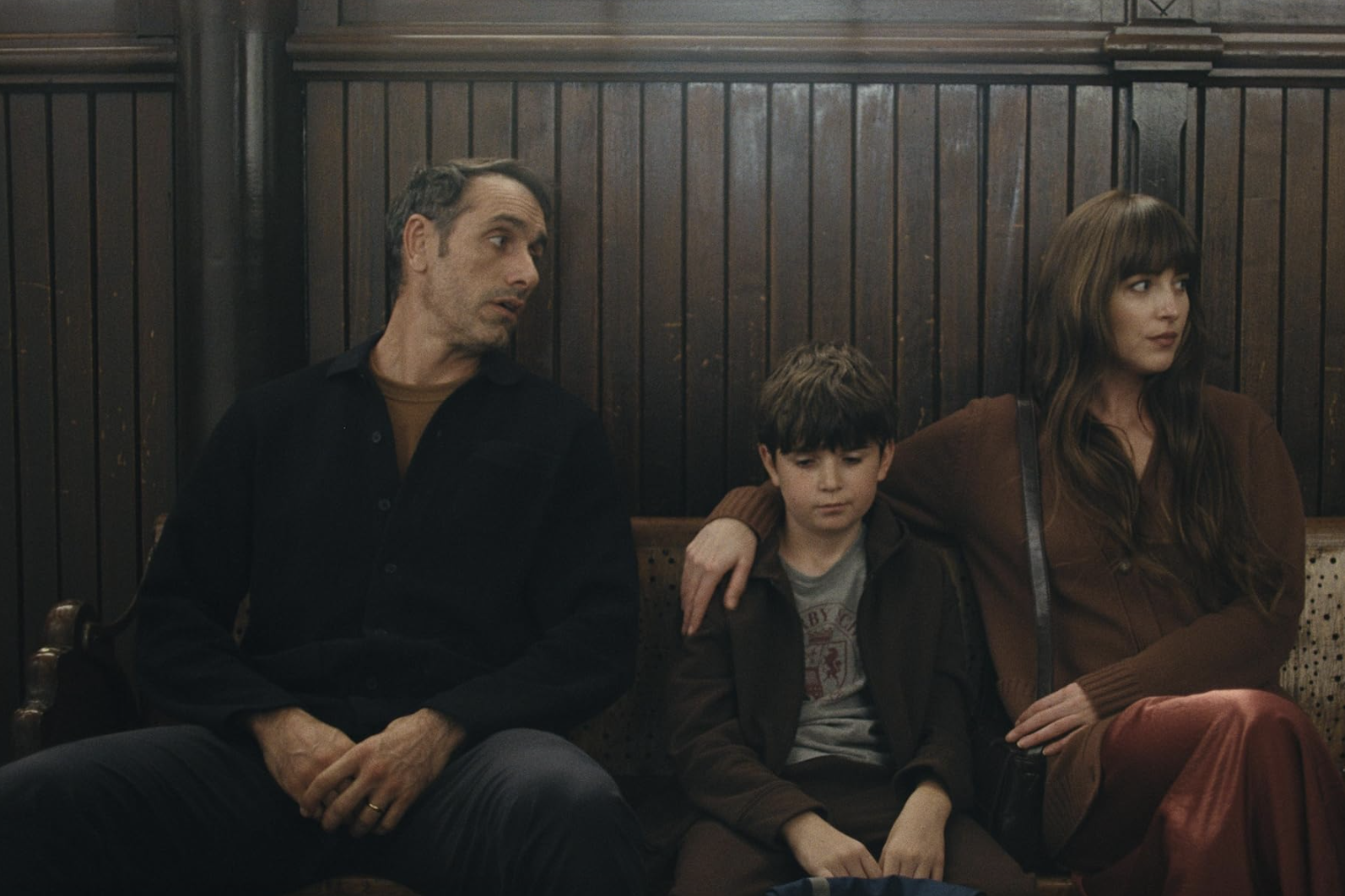Every large-scale historical drama is a product of its time. The introduction to Cecil B. DeMille’s beloved The Ten Commandments explicitly outlines the film’s anti-communist agenda: “Are men the property of the state or are they free souls under God? This same battle continues throughout the world today.” Similarly, Gladiator, released in 2000 at the height of neoliberal dominance, anachronistically portrays the arc of Roman history as bending away from despotism towards democracy.
2022’s The Woman King is no exception to this rule. It centers on a fearless female leader who defends a pan-African, antislavery vision while reckoning with her own private traumas.
Historically questionable? Yes. A satisfying movie? Also yes.
Set in 1823 in the kingdom of Dahomey (modern-day Benin), The Woman King depicts general Nanisca (Viola Davis) and her highly trained Agojie — an elite military force composed exclusively of women — leading a war against the oppressive Oyo Empire. Our audience surrogate is the cocky young upstart Nawi (Thuso Mbedu), shanghaied into the King’s service after refusing an arranged marriage. With the help of powerful general Izogie (Lashana Lynch), Nawi undertakes to join the Agojie — a demanding process culminating in a pulse-pounding (and wince-inducing) series of physical trials — before finally crossing swords with the Oyo and their white allies.
Nanisca’s eventual goal is to disentangle Dahomey from its dependence on the slave trade — that is, its practice of selling wartime captives to Portuguese slavers — and get into the business of exporting palm oil. Beyond that, she’s interested in uniting the warring tribes of Africa into a single defensive bloc against the real threat posed by Europe. Why should Africans be killing and exploiting their own people?
All very commendable. Too bad it’s not really true. By modern standards, the real-life Dahomey was somewhat less than progressive. As Robin Law argued in the Journal of African History in 1986, “[e]ighteenth-century accounts of Dahomey…present a consistent picture of it, characterized by three principal elements: militarism, brutality (especially the practice of human sacrifice), and despotism in government.” The second is a particularly uncomfortable reality, especially given that the film’s heroic King Ghezo (played onscreen by John Boyega, lately of the Star Wars sequel trilogy) apparently “increased the scale of human sacrifices in Dahomey.” And as far as the slave trade goes, it took pressure from foreign abolitionists in Britain — rather than indigenous backlash — to put an end to the practice in Dahomey.
In any case, while The Woman King’s version of Dahomey is plenty sanitized, the film still addresses the reality of African involvement in the slave trade. That’s a politically uncomfortable theme to include, one that tends to complicate Ibram Kendi-style narratives about Western villainy. But here it’s foregrounded. Credit where it’s due.
Complicated backstory aside, though, The Woman King is a largely satisfying popcorn epic. There’s a lot to be said for the sheer pleasure of watching a sweeping historical story like this one, particularly in a West African setting that’s virtually never gotten the big-budget treatment. Davis turns in a commanding lead performance, balanced nicely by the more relatable Mbedu and Lynch. At times, the pacing lags a little bit, but that’s probably a necessary evil. Given the sheer number of players involved and the lack of prior audience knowledge, director Gina Prince-Bythewood has a lot of ground to cover. Thankfully, The Woman King manages to mostly avoid getting bogged down in subplots, with the exception of a quasi-romantic angle that should have been left on the cutting-room floor.
Fans of large-scale action won’t leave disappointed. All the economic and political drama eventually builds up to a series of massive swords-and-muskets battles that push the movie’s PG-13 rating for all it’s worth. (It probably should have embraced the R: for a film that features so much wet crunching of blades going into flesh, the lack of actual blood onscreen is positively jarring.) This is thrilling and exhilarating stuff.
In the end, to the extent the movie sands down uncomfortable realities, that may be more an indictment of the genre than any particular film. No one looks to Gladiator for straightforward textbook accuracy, and no one should do so here either. As an exercise in historical mythmaking on a grand scale, The Woman King pretty much rules.



